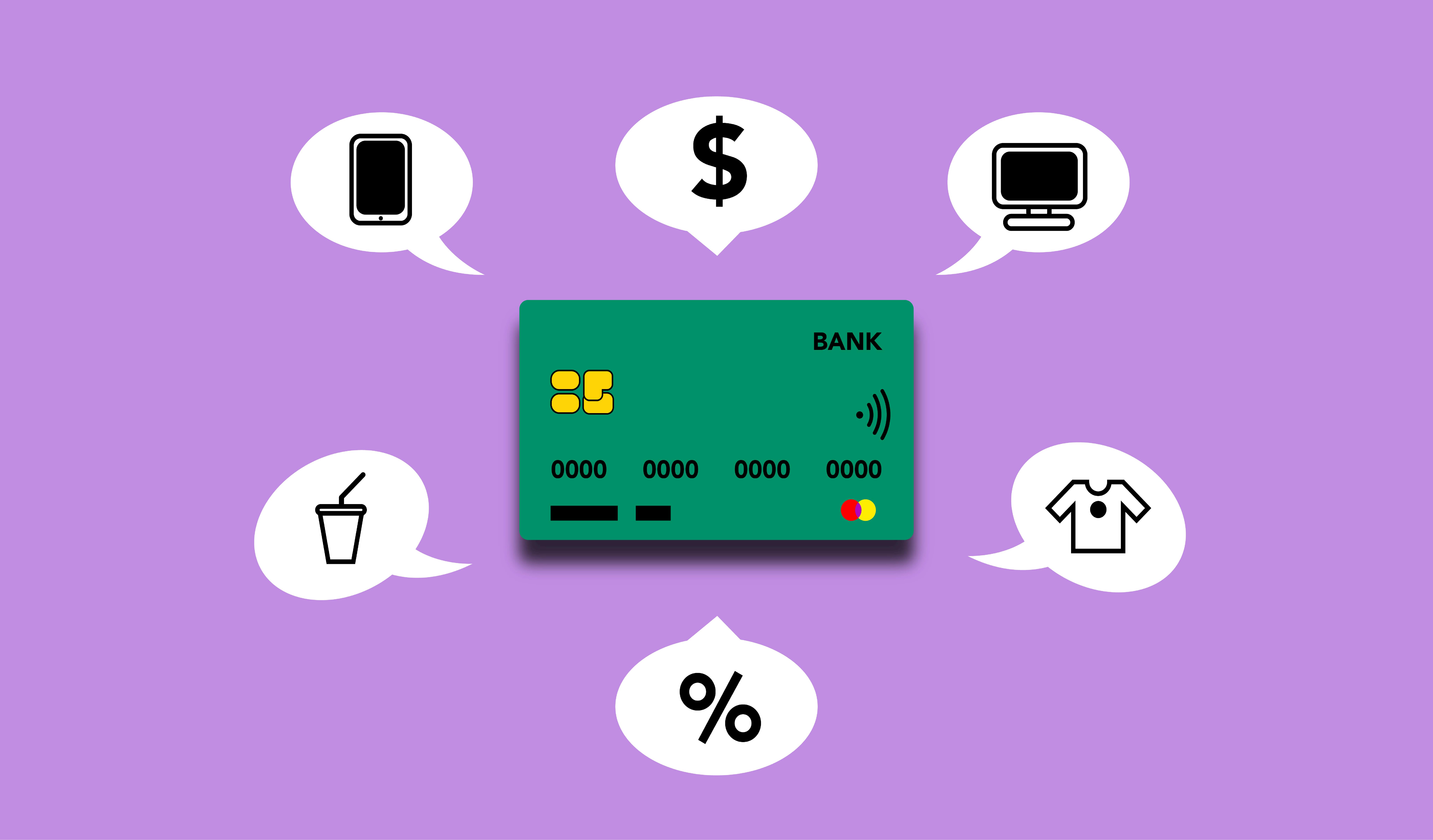
The Ultimate Guide to Credit Cards Basics for Business Owners
Introduction
As a business owner, understanding the basics of credit cards is crucial for managing your finances effectively and maximizing your business's potential. This ultimate guide will provide you with valuable insights into credit card basics, helping you choose the right card, build your business credit, navigate rewards and perks, avoid debt pitfalls, protect yourself from liability, separate expenses smartly, maximize credit limits, manage employee cards, understand credit score impact, analyze annual fees, explore travel benefits, and strategize cash back options. Let's dive in!
Table of Contents
Choosing the Right Card
When it comes to credit cards for your business, there are several factors to consider before making a decision:
Credit Cards Basics: What are your spending habits and needs?
Before choosing a credit card, evaluate your business's spending habits and needs. Are you primarily interested in earning rewards or looking for a low-interest rate? Understanding your priorities will help narrow down your options.

The Ultimate Guide to Credit Cards Basics for Business Owners: What are the fees associated with the card?
Different credit cards come with various fees, such as annual fees, foreign transaction fees, and balance transfer fees. Assess these fees carefully to determine if they align with your budget and business requirements.
Building Business Credit
Establishing and building your business credit is essential for long-term financial success. Here are some tips to help you navigate this process:
Credit Cards Basics: Open a business bank account
Separating your personal and business finances is crucial. Opening a dedicated business bank account will not only help you track expenses but also establish credibility with lenders and credit bureaus.
Choosing the Right Card: Look for cards that report to business credit bureaus
Not all credit cards report activity to business credit bureaus. Ensure that the card you choose reports to these bureaus, as it will help build a positive credit history for your business.
Rewards and Perks
Credit card rewards and perks can provide significant value for your business. Here's how to make the most of them:
Avoiding Debt Pitfalls
While credit cards can be powerful financial tools, they also come with potential debt pitfalls. Here's how to avoid falling into these traps:
Liability Protection Tips
Protecting yourself from liability is crucial when using credit cards for your business. Consider the following tips:
Separating Expenses Smartly
Keeping personal and business expenses separate is vital for accurate bookkeeping, tax purposes, and financial clarity. Here's how you can do it smartly:
Maximizing Credit Limits
Increasing your credit limits can provide more flexibility and financial freedom for your business. Here are some strategies to maximize your credit limits:
Employee Card Management
If you have employees who need access to company funds, managing employee cards efficiently is essential. Consider the following tips:
Credit Score Impact
Using credit cards wisely can positively impact your business credit score. Here's what you need to know:
Annual Fee Analysis
Credit cards often come with annual fees, so it's essential to assess whether the benefits outweigh the costs. Here's how to analyze annual fees effectively:
Travel Benefit Guide
Many credit cards offer travel benefits that can save your business money and enhance your travel experience. Here's a guide to help you navigate these benefits:
Cash Back Strategies
Earning cash back on your business expenses can be a significant financial advantage. Here are some strategies to maximize your cash back rewards:
FAQs
Q: Can I use my personal credit card for business expenses? A: While it is possible to use a personal credit card for business expenses, it is generally recommended to have a dedicated business credit card. This separation helps with accurate record-keeping and simplifies tax reporting.
Q: How long does it take to build business credit? A: Building business credit takes time and consistent financial management. It typically takes at least six months of responsible credit card usage and timely payments to establish a positive credit history.
Q: What should I consider when choosing between rewards or low-interest credit cards? A: Consider your spending habits and priorities. If you pay off your balance in full each month, prioritizing rewards may be more beneficial. However, if you anticipate carrying a balance, a low-interest rate should be your priority.
Q: Can employee card usage impact my personal credit score? A: In most cases, employee card usage does not directly impact your personal credit score unless the account falls into delinquency or default. However, as the primary account holder, you are ultimately responsible for any unpaid balances.

Q: Are there any tax implications related to credit card rewards? A: Credit card rewards are generally considered discounts rather than taxable income. However, certain situations, such as receiving rewards for opening a business account, may trigger additional tax obligations. Consult a tax professional for specific advice.
Q: How can I leverage credit card rewards for business travel? A: Look for credit cards that offer travel-related perks such as airline miles, hotel discounts, or airport lounge access. Additionally, strategic spending in categories like travel and dining can help you accumulate more rewards for future business trips.
Conclusion
As a business owner, understanding the basics of credit cards is essential for financial success. By choosing the right card, building your business credit, maximizing rewards, avoiding debt pitfalls, protecting yourself from liability, separating expenses smartly, and utilizing various strategies, you can make credit cards work to your advantage. Remember to assess your needs and goals before selecting a card and always prioritize responsible financial management. With the knowledge gained from this ultimate guide to credit cards basics for business Continue reading owners, you'll be equipped to make informed decisions that benefit your business's bottom line.